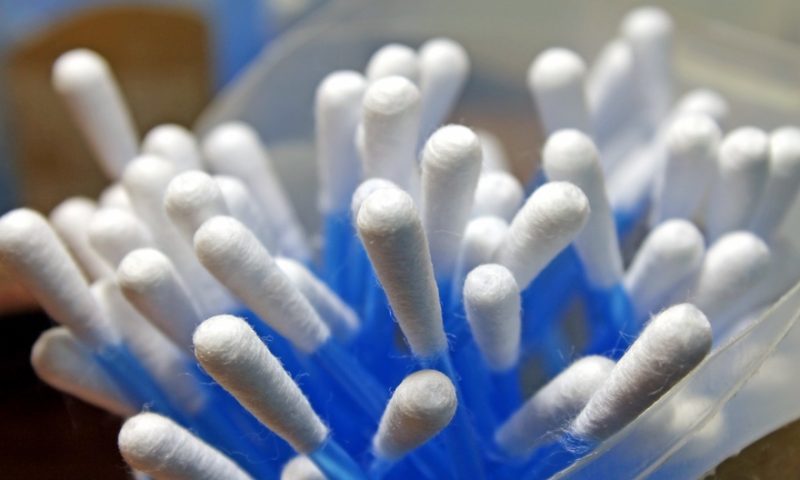The FDA has authorized Color’s coronavirus test to be performed wholly unmonitored, allowing people to collect their own samples without requiring any supervision, either in-person or over video, by a trained healthcare worker.
Most COVID-19 diagnostic tests OK’d by the agency for the public over the past few months have employed difficult or uncomfortable processes—such as a deep swabbing of the upper reaches of the nose or sensitive chemical components prone to spills or contamination—that necessitated professional guidance and experience.
Sky-high demand for coronavirus testing has illuminated nearly every possible bottleneck to widespread testing, such as shortages of chemical reagents, sterile swabs and test tubes, with each compounding long turnaround times. Chief among them have been the heavy stresses on healthcare workers, and their supplies of gloves, masks and face shields to protect them from exposure during the collection process.
First authorized by the FDA in late May, Color’s test can now be used at home and other settings outside the hospital. The company said it designed the test to help ease the logistical burdens and risks of large-scale public health initiatives, as opposed to consumer-ordered, home-based testing.
“COVID-19 testing access is difficult because it is not a single problem—it’s an array of distinct, but connected, problems,” said Color CEO Othman Laraki. “The country needs a set of holistic solutions that solve each part of the chain of testing bottlenecks, and that is what we strive for at Color.”
The company’s test also employs a different diagnostic method compared to other molecular offerings. Using loop-mediated isothermal amplification, or LAMP, samples are processed at a consistent temperature and need less-complicated hardware than PCR tests, which require alternating cycles of heating and cooling.
It also employs a different set of reagents than the most common tests, and a dry nasal swab without the use of a chemical solution to stabilize the viral sample.
Today, Color supports testing in its hometown of San Francisco, with samples mailed to the company’s laboratory and processed within an average of 24 hours. With the new emergency authorization, it aims to expand on-site testing in workplaces, universities and other community sites.

